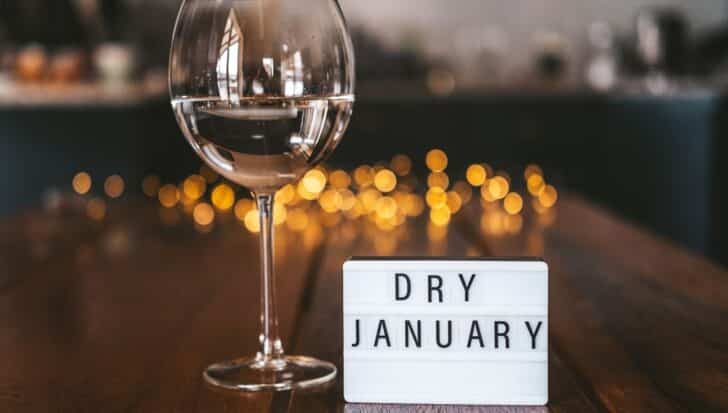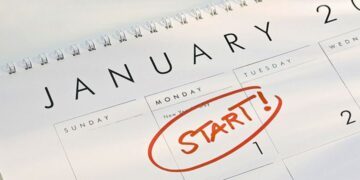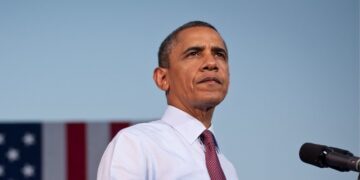Are you wondering whether you should take part in Dry January and cut out alcohol for a whole month?
You may have seen a campaign on TV and want to learn more about the initiative’s origins.
The history of Dry January dates back further than you might realize. Participating could benefit your bank account, your waistline, and your concentration span, among countless other things!
Whether you’re going sober for the month or just curious to learn more about it, here are all the things you need to know about Dry January!
The concept of Dry January goes back as far as 1942.

In 2013, Alcohol Change UK officially launched Dry January as a campaign. However, the practice of abstaining from alcohol throughout January is not a new concept.
People in Finland observed “Sober January” during the mid-20th century to help the country’s war efforts against the Soviet Union.
The Government of Finland encouraged everyone to stop drinking alcohol, with a particular focus on those serving in the military.
This new initiative aimed to save more Finnish resources during a time of turbulence.
It was promoted in magazines and newspapers and was considered a huge success in reducing alcohol intake.
Millions of people practice Dry January every year.
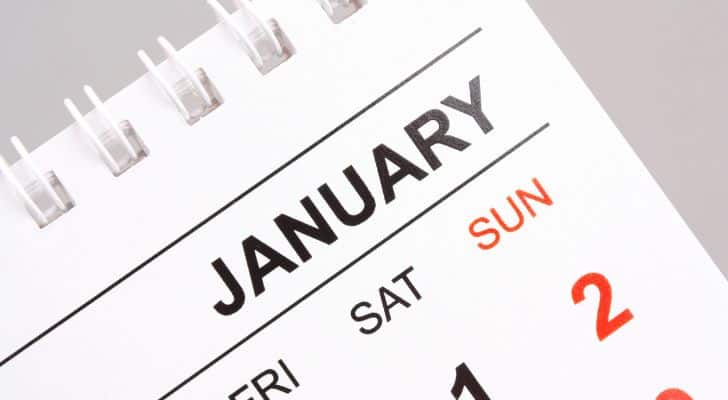
The UK’s Dry January campaign had a slow start, with just 4,000 people signing up in the first year.
Just ten years later, though, more than 175,000 people in the UK officially signed up to participate in 2023.
In the United States, around 15% of the roughly 260 million adults committed to going alcohol-free for the month of January.
As alcohol consumption has increased since 1990, the Dry January campaign encourages people to look at how they can be healthier and safer when it comes to alcohol.
Dry January® USA was officially launched in 2024.

The CEOs of Alcohol Change UK and Meharry Medical College in Nashville, Tennessee, collaborated to create Dry January® USA.
They signed a five-year exclusive licensing agreement, which formalized the partnership.
Meharry Medical College is committed to creating a healthier environment for students and staff.
Taking this leading role in promoting Dry January is part of their approach to supporting people’s pursuit of a better lifestyle.
Alcohol Change UK is also promoting Dry January in other parts of the world as it seeks to expand its campaign globally.
Dry January has already been established in Norway, Iceland, Germany, and Switzerland.
Dry January was inspired by a woman who wanted to get fit for a run.

When Emily Robinson signed up to run a half marathon in February 2011, she gave up alcohol to make training easier.
Giving up drinking throughout January helped her to sleep better, feel more energetic, and lose weight. People were keen to talk to her about her success and how she had made these positive changes.
Emily began working for Alcohol Change UK the following year, and the interest in her personal story grew even more.
This inspired the charity to encourage more people to follow in Emily’s footsteps and take a break from booze during January.
And that is how the first official Dry January campaign was born.
The UK Government promotes Dry January.
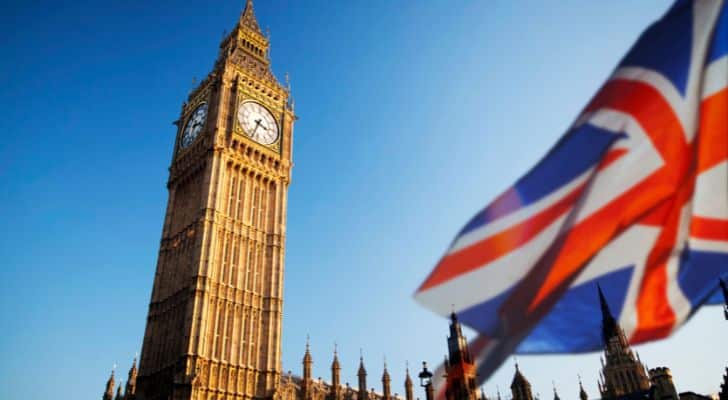
In 2014, the UK Government’s health agency, Public Health England, began backing the Dry January campaign.
They encouraged people to sign up for a ‘holiday from booze’ after Christmas, a time of year when alcohol sales typically reach record levels.
They launched the public health messaging on Friday, December 19, 2014 – a day colloquially called the ‘Black Friday of booze.’
The initiative was framed by Alcohol Change UK (then known as Alcohol Concern) as an opportunity for people to ‘give their body a break from alcohol after the festive period.’
The charity and the UK Government promoted the campaign as a chance for people to save money, feel better, and lose weight.
Dry January peaked in 2022.

Around 19% of the American population participated in Dry January that year, following an increase in alcohol intake due to the COVID-19 pandemic in 2020-2021.
In the first year of the pandemic, alcohol sales increased globally by around 3%. This was the largest jump in more than 50 years, reflecting the impact of the pandemic on people’s drinking habits.
According to various surveys, around 25% of people were drinking more than usual.
This is not the only instance where global turmoil has impacted alcohol consumption.
People drank more than usual after the World Trade Center bombing in 1993 and following the 9/11 attack in New York.
88% of Dry January participants save money.
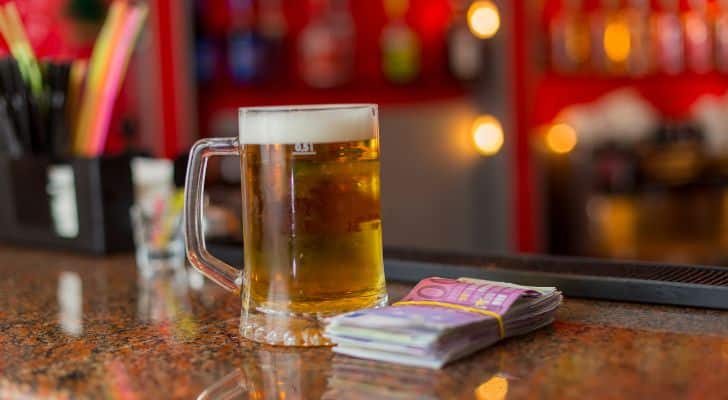
Research from the University of Sussex, published in 2019, demonstrated multiple benefits of participating in Dry January.
After getting involved in the campaign, people continued to drink less throughout the year.
The vast majority of people saved money, improved their health (70%), slept better (71%), and gained more energy (67%).
A whopping 93% of people felt a sense of achievement after Dry January, and more than 50% reported having better skin and improved concentration.
Dry January has inspired Dry February and Sober October.
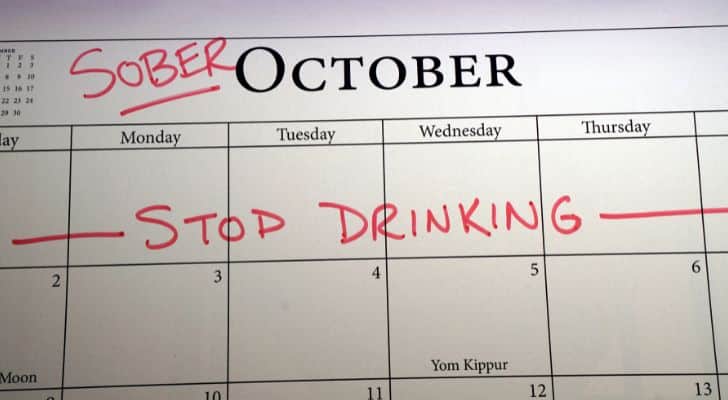
People looking to take a break from alcohol before the festive season gets underway may participate in Sober October.
In Canada, the Canadian Cancer Society encourages people to participate in Dry February.
These initiatives are very similar to Dry January and urge participants to give up alcohol for the month. Dry February also raises money for cancer research and support for people living with cancer.
Some participants may find it easier to participate in Dry February since there are fewer days in February than in January or October.
But whichever month you choose, the central goal is the same – to reduce alcohol intake and promote better lifestyles!
Lots of celebrities take part in Dry January.

Bella Hadid, Mila Kunis, and Ashton Kutcher are just a few of the famous names who have gotten involved in Dry January.
Some celebrities, such as actress Rumer Willis, quit drinking after observing Dry January.
The experiment helped her realize that she didn’t need alcohol to increase her confidence and become a better, more interesting version of herself.
When Dry January was launched in 2013, it was backed by Alistair Campbell, a leading figure in British politics.
Campbell, who struggled personally in the past with alcohol dependency, said Britain is one of the hardest countries in the world to go alcohol-free due to its heavy drinking culture.
Dry January is more popular with women than men.
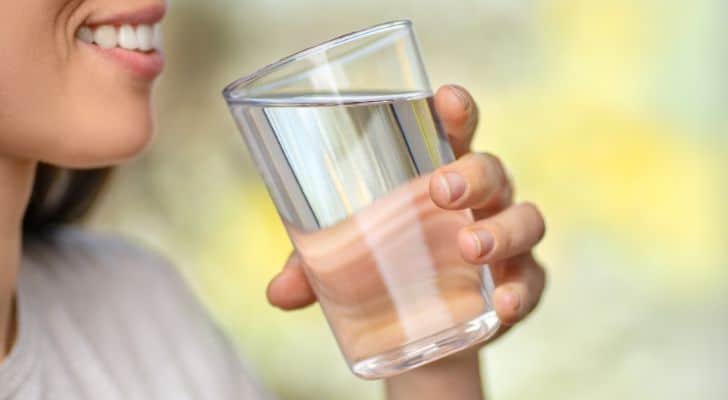
A 2021 survey in the UK found that 14% of women, compared with 11% of men, said they planned to go sober in January.
This trend continued the following year, with 15% of women and 14% of men saying they would give up alcohol.
In the United States, 57% of women say they are likely to participate in Dry January, compared with 42% of men.
While men tend to be heavier drinkers, alcohol can impact women’s health more negatively. It takes longer for women to break down alcohol, and their bodies absorb more of it.
Women are also at higher risk of health problems related to alcohol consumption, including breast cancer, liver disease, and brain damage.
Numerous surveys have shown that participating in Dry January can be highly beneficial.
From saving money to feeling better, taking a break from booze could be the health boost you need next year.
People all over the world sign up for Dry January, and even celebs have gotten involved.
Whether you want to get healthier, cut back on your expenses, or improve your mental well-being, why not give it a go yourself?

